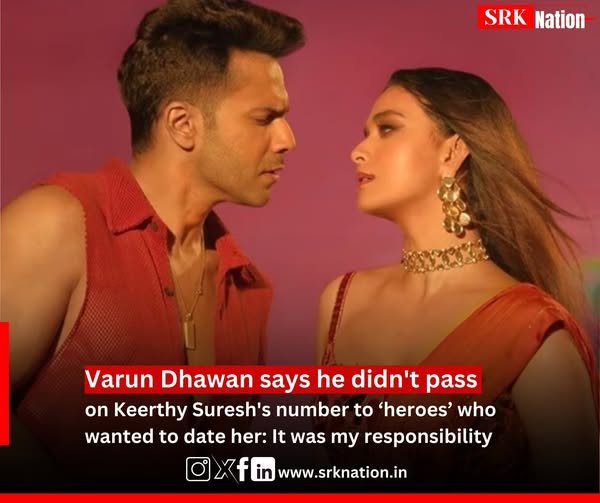The Narendra Modi government’s decision to bring the women’s reservation Billahead of state elections and the general elections next year caps its string of measures targeting social welfarism to women and framing it in terms of empowerment and representation.
In fact, Monday’s decision comes barely days after two such interventions. The first, announced late on August 29, was to slash the price of domestic cooking gas cylinders by Rs 200. This was followed up last Wednesday (September 13) with the Cabinet decision to extend the Pradhan Mantri Ujjwala Yojana (PMUY)— introduced in 2016 to provide cooking gas to deprived households that earlier used firewood and coal as fuel — to an additional 75-lakh poor households over three years beyond its current nine crore beneficiaries.
The Swachh Bharat scheme, under which an estimated 11 crore toilets were installed since 2014, was also framed as protecting the dignity of women who had to defecate in the open.
The Jal Jeevan Mission, to provide tap water connection to all rural households by 2024, has also been showcased as reducing the drudgery of women in villages for whom fetching drinking water has been a challenge. So far, 13 crore tap water connections have been provided under this scheme.
From a women’s helpline and a scheme to prevent human trafficking to the Beti Bachao Beti Padhao scheme for bolstering the child sex ratio and the Pradhan Mantri Matru Vandana Yojana (PMMVY) that provides cash benefits to pregnant and lactating women, the government has rolled out several initiatives since 2014. It even has a Working Women hostel scheme.
Indeed, apart from the Congress and the Left, the BJP has consistently supported the Women’s Reservation Bill. When the now-lapsed Bill was passed by the Rajya Sabha in 2010, late BJP leader Arun Jaitley supported it passionately during the debate.
A political pitch for women’s empowerment also leads to increased scrutiny of government actions. The BJP government at the Centre recently faced flak when women wrestlers protested against party MP Brij Bhushan Sharan Singh with many critics saying this had dented the claim that the government was committed to the empowerment of women.
This welfarism has an added aspect: championing measures such as Uniform Civil Code (UCC) on the grounds of justice to Muslim women. In the latter pitch, the party hopes to reach out to a section of Muslim women, as well as its Hindutva constituency that sees Indian secularism as biased in favour of conservative sections of the minority community.
However, in a break from mere welfarist and representational terms in women’s outreach, the BJP has also used the women’s question to service its core ideological politics.
Accused by the Opposition and many commentators of being wary of Muslims as a community, the Modi government framed the Supreme Court’s striking down of instant triple talaq in gender terms to introduce a Bill making instant triple talaq a criminal offence, arguing that gender justice required tough measures.
The Bill was passed in 2019. Soon after its passage in the Rajya Sabha, Prime Minister Narendra Modi tweeted, ‘An archaic and medieval practice has finally been confined to the dustbin of history! Parliament abolishes Triple Talaq and corrects a historical wrong done to Muslim women. This is a victory of gender justice and will further equality in society. India rejoices today!’
With the party also reviving the debate on the need for UCC, it projects such steps as ones aimed at justice for Muslim women. The party has, for decades, flagged the 1985 Shah Bano case, where the Rajiv Gandhi government took the parliamentary route to overturn a Supreme Court judgment in favour of providing alimony to Shah Bano who was divorced by her husband.
There is an electoral imperative as well: the turnout of women voters, with a few exceptions, has been steadily increasing since 1962 when 62% of men and just 46.6% of women voted in the Lok Sabha elections. That percentage rose to 67.2% in the 2019 Lok Sabha elections — surpassing the share of men (67%).
With Lok Sabha elections around the corner, most political parties will promise measures addressing women as a horizontal political constituency – consider the Congress’s guarantees on stipend and free bus services in Telangana announced Saturday. The BJP looks poised to address the women’s question with ideological politics apart from promising welfare measures and greater representation.







